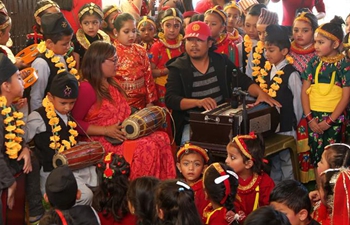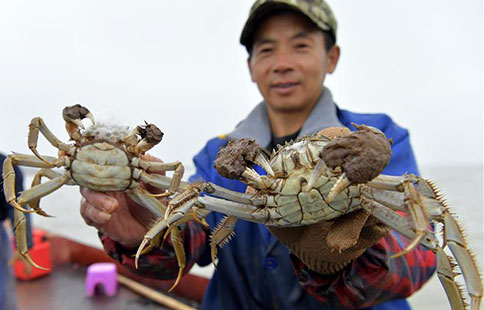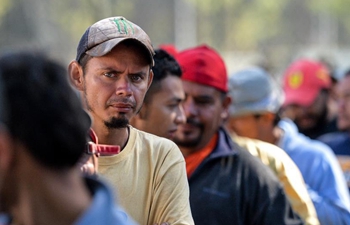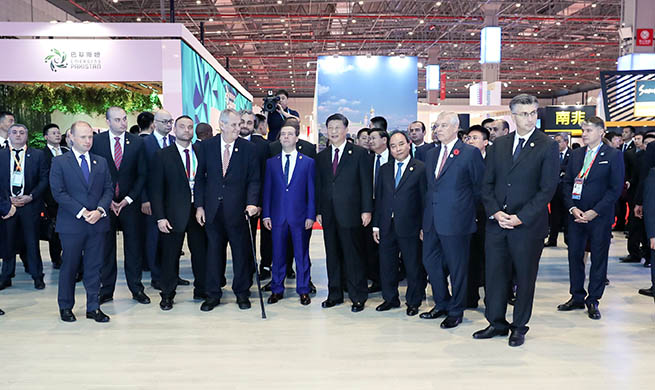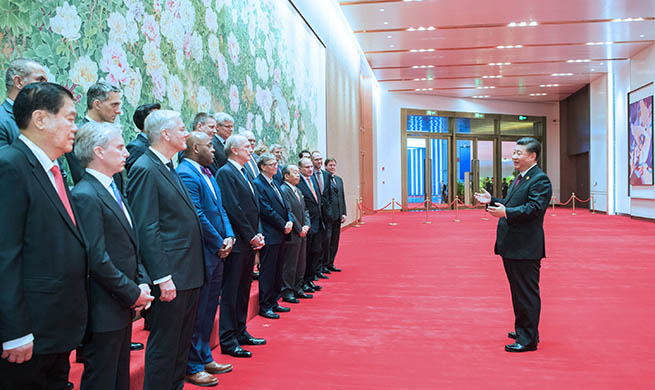WASHINGTON, Nov. 6 (Xinhua) -- People tend to think that a long-lived father may have a long-lived son, but a new study of family tress of more than 400 million people showed that genetics has far less influence on life span than previously thought.
The study published on Tuesday in Genetics, a journal of the Genetics Society of America, suggests that the heritability of life span is well below past estimates if mating practices were factored in.
Heritability measures how much life span can be explained by genetic differences, excluding differences like lifestyle, sociocultural factors and accidents. Previous estimates of human life span heritability ranged from around 15 percent to 30 percent.
However, the new study found that life span heritability was likely no more than 7 percent, perhaps even lower.
Scientists from Calico Life Sciences and Ancestry.com used online genealogy resource with subscriber-generated public family trees representing 6 billion ancestors. Removing redundant entries and those from people who were still living, they stitched the remaining pedigrees together.
Those efforts resulted in a set of pedigrees that included more than 400 million people, largely Americans of European descent. Each of them was connected to another by either a parent-child or a spouse-spouse relationship.
They focused on relatives who were born across the 19th and early 20th centuries, and they noted that the life span of spouses tended to be correlated, more similar than in siblings of opposite gender.
The correlation between spouses could be attributed to non-genetic factors that accompany living in the same household, according to the study.
Then the authors compared different types of in-laws, some with quite remote relationships.
They found that something more than either genetics or shared environment might be at work since siblings-in-law and first-cousins-in-law had correlated life spans, despite not being blood relatives and not generally sharing households.
The finding that a person's sibling's spouse's sibling or their spouse's sibling's spouse had a similar life span to their own made it clear that something else was at play.
The answer might be assortative mating: people tend to select partners with traits like their own -- in this case, how long they live, according to the researchers.
The basis of this mate choice could be genetic or sociocultural or both. If income influences life span, and wealthy people tend to marry other wealthy people, that would lead to correlated longevity.
The same would occur for traits more controlled by genetics: if, for example, tall people prefer tall spouses, and height is correlated in some way with how long you live, this would also inflate estimates of life span heritability.




